ENTREPRENEURSHIP
Education and training today for tomorrow's partnerships
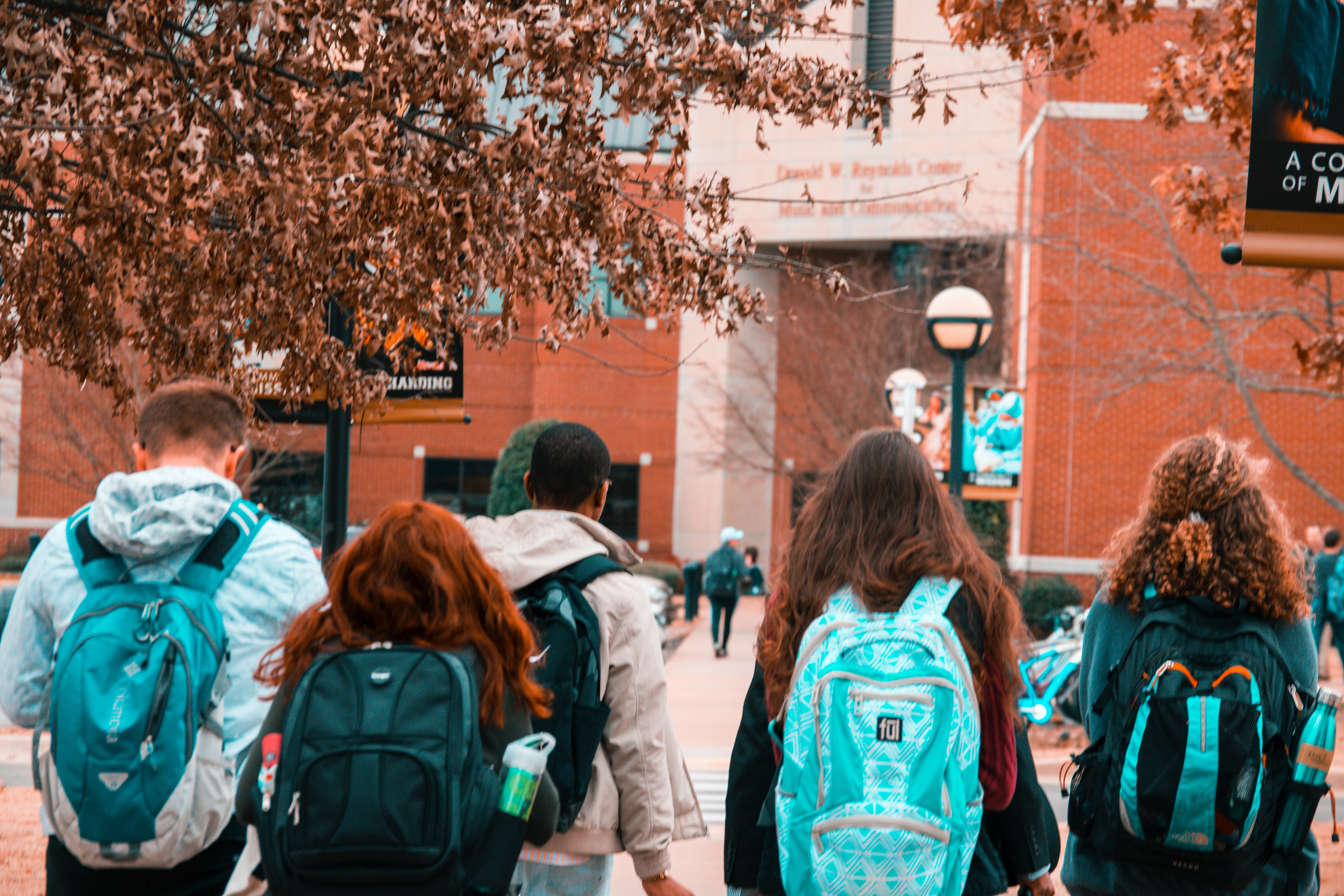
Education has become one of the most important structural spaces for the shaping of a new society. In the second edition of the EURO-MENA-Show, promoted with the support of the Friedrich Naumann Foundation and in collaboration with Casa Árabe, the different challenges to which society will be exposed in both the short and medium term were discussed, including the challenge of education as a basic tool for social change. As a consequence of the spread of the COVID pandemic, today's society poses a series of challenges that must be addressed in terms of cooperation and neighbourliness between all countries, and for this reason the EURO-MENA-Show has been configured as the ideal framework to provide an outlet for these new discussions.
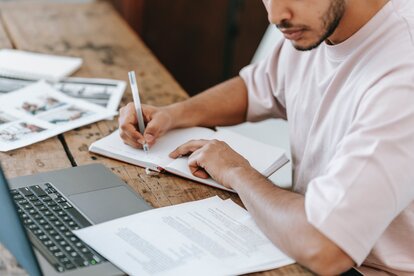
More than half a century ago, after the end of World War II and the start of the turbulent process of decolonisation and independence, the old European metropolises realised that the new sovereign countries would need all kinds of help to get started and integrate into the stormy world of international political and economic relations.
Many of the great colonising powers of the past have included in their annual budgets since the 1960s the first chapters devoted to essential development cooperation. The creation of the European Union has turned this heading into much more than an individualised relationship between a former metropolis, a first world country, and a new sovereign country, a former colony of the former. It is a genuine state policy, in this case reconverted into the international policy of the EU as a whole.
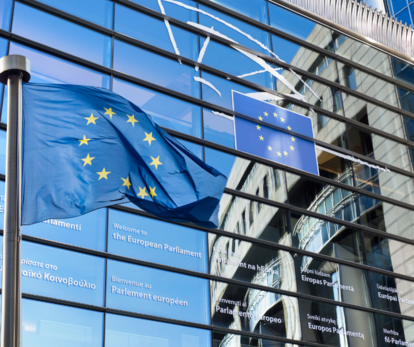
In the global geopolitical landscape this is particularly important in the relationship between the EU and the vast region known as the MENA, a huge conglomerate of countries from Morocco to Iran, equivalent to twice the size of Europe, almost 400 million inhabitants, 60 per cent of the world's oil reserves and 45 per cent of its natural gas reserves. But, above all, with a human capital made up of young people eager to take control of their own destiny.
This enormous human capital, full of explosive vitality, will be absolutely decisive - indeed, it already is - in steering the directions in which they will lead their respective countries. That these future business leaders in the MENA countries have been trained and educated in the values of political liberalism will mean that their decisions will be based on responsibility after a thorough analysis of their political, economic and social contexts. That these political, business, and social leaders of tomorrow are trained and educated in these liberal values will therefore be an immense factor of stability and progress for both the EU and the MENA region as a whole.
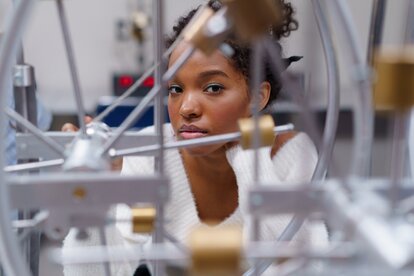
The unstoppable advance towards a world dominated by technology does not exclude that the new and more sophisticated machines will be operated or will have been designed and programmed by human beings, who will surely continue to experience feelings such as friendship, partnership, teamwork and love. The interrelation of these people, European and Muslim, will be fundamental for both the EU and the MENA to be able to look together towards the same horizon of peace, progress and prosperity.
It is therefore in the EU's own interest to spare no resources and invest in the education and training of all levels of future MENA entrepreneurs. Because this joint training will undoubtedly give rise to very similar ways of looking at life on both sides of the Mediterranean, at both ends of southern Europe and south-west Asia, each with its own peculiarities, of course, but above all there will be an important common denominator, consisting both of a command of common languages in which to express oneself and of the equally common techniques of teamwork and joint decision-making, even when they are thousands of kilometres away from each other.
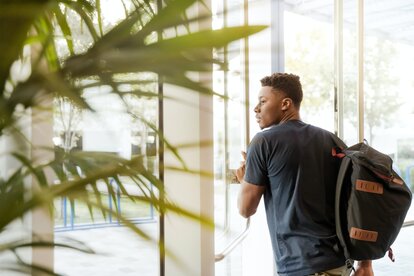
The leveraging of these investments, whether through scholarships of all kinds, or through the organisation of seminars, discussion groups, training and further training programmes, will certainly form the basis of a strong future relationship. Today as yesterday, but also tomorrow, it is the enterprising intellectual elites that move and transform the world. All members of these elites internalise for the rest of their lives the courses, the colleagues, the friends who shaped and influenced them in the years when their future was being determined. That Europe will always be in the memory of these future MENA leaders, in addition to the memory and the professional and business relationship with their course or study colleagues, will also determine Europe's ability to continue to help shape the world according to the liberal values that have made it great, despite all regrets.
Pedro González Martín is a journalist with a degree in Law and Journalism from the Complutense University of Madrid. He has extensive professional experience in different media as a correspondent in Paris and Geneva and Head of International for TVE, among others. He was co-founder and news director of Euronews and Canal 24 Horas, the first all-news television channel in Spain (1997), which brought the innovation of digital technology to its production and broadcasting.
